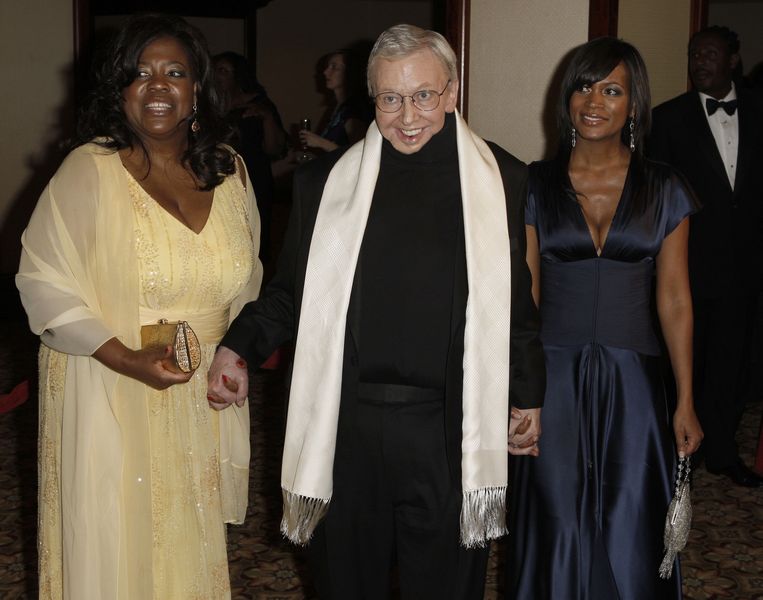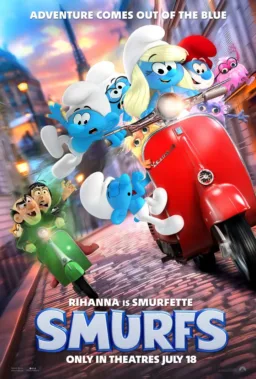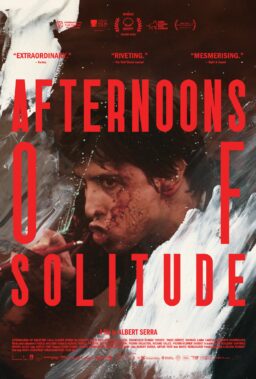LOS ANGELES–Roger Ebert, film critic of the Sun-Times, was granted an Honorary Lifetime Membership in the Directors’ Guild of America here Saturday night, receiving two standing ovations.
The award, presented by the British director Michael Apted, the DGA president, came near the end of the DGA’s annual awards dinner at the Century Plaza hotel. Ebert described Apted’s “Up!” documentaries as “one of the most noble achievements in film.” They chronicle the same group of British citizens every seven years throughout their lives.
The DGA’s best director award is almost invariably an accurate predictor of the winner of the Academy Award for Best Picture, and on that basis, the favorite for this year’s Oscar becomes “Slumdog Millionaire,” by Danny Boyle. A hint of the outcome in the Best Foreign Film category came with the DGA award to “Waltz with Bashir,” an Israeli animated drama.
Among the presenters at this year’s DGA gala were 2009 Oscar nominees Sean Penn, Marisa Tomei, Melissa Leo, Frank Langella, Viola Davis, Josh Brolin, Richard Jenkins, Amy Adams and Michael Shannon, a member of Chicago’s Steppenwolf Theater. The Best Director award was given by last year’s winners, Joel and Ethan Coen.
Ebert, who lost his speaking ability after surgery, briefly thanked the directors using a voice on his computer, saying “Movies are the symphony and you are the conductors.” Then his wife, Chaz, read his full remarks. Mrs. Ebert wore a floor-length yellow chiffon gown by the Chicago designer Mira.
The ceremony featured video testimonials to Ebert from the directors Steven Spielberg, Clint Eastwood, Martin Scorsese, Oliver Stone and Patty Jenkins.
The Eberts were joined at their table by director Werner Herzog, an Oscar best documentary nominee this year for “Encounters at the End of the World,” which he dedicated to Ebert.
Also their table guests were the Chicago-born actress Virginia Madsen, a 2004 Oscar nominee for “Sideways,” and her mother Elaine, a former Chicago film critic, and two directors from Chicago: Andrew Davis, whose father Nate was a legendary actor on Chicago stages, who won the DGA award in 1994 for “The Fugitive,” and director Harold Ramis, a Second City veteran, whose “Groundhog Day” (1993) is in Ebert’s series of “Great Movies” reviews.
They were also joined by Ebert’s stepchildren, Josibiah Smith and Sonia Evans.
Here is the full text of Ebert’s remarks, read by his wife:
To begin with, thank you. I am so grateful for his enormous honor. And I am no less grateful that it has been presented by the great director Michael Apted, whose “Up!” documentaries strike me as one of the most noble achievements in film.
The person responsible above all others for the gift of a motion picture is the director. That is why it means so much to be honored by you. In countless ways you have directed my education as a film critic. You have allowed me to hang around on your sets. You have invited me to your locations. I was on the beach with Fellini, in Mexico with Peckinpah, in a Western saloon with Henry Hathaway, in a psychiatrist’s office with Bergman, in Venice with Visconti, beneath Juliet’s balcony with Zeffirelli, at a poker game with Billy Wilder, in Dr. Frankenstein’s laboratory with Mel Brooks, and in a Chicago whorehouse with Norman Jewison.
Thinking of tonight’s nominees, I discussed his first film, “Grand Theft Auto” with Ron Howard. I met Chris Nolan and Jonathan Nolan after the premiere of “Memento” at Sundance. Gun Van Sant was willing to discuss the thinking behind his challenging film “Elephant.” I went through David Fincher’s “Fight Club” a shot at a time for a week with students in Boulder, who patiently explained to me why I had completely misunderstood the film. I was ble to show Danny Boyle’s “Millions” at my film festival at the University of Illinois.
Of course sometimes my reviews have not been favorable. Robert Altman once told me, “If you never wrote a negative review, what would your positive reviews mean?”
“That’s true,” I said.
“Unfortunately,” Altman said, “in my case, all of your negative reviews have been mistaken.”
In this age when worthless celebrity gossip is replacing serious film criticism, I may be peculiar when I find myself on a set, because I’m usually more interested in the directors than the stars. So many of you have explained things to me, and taught me. I remember Brian de Palma diagramming a shot strategy. Marty Scorsese telling me how when he was a kid, he was fascinated by one single shot in a Michael Powell film that may have led him to become a director.
Werner Herzog and I have been in conversation since the 1970s. He is joining us at our table tonight, along with our Chicago friends Virginia Madsen, Andy Davis and Harold Ramis. Also my stepchildren Sonia and Josibiah.
To all of these people and countless others in the film industry, I owe a debt. You have given me a worthy vocation. When I look at Michael’s great series between “7-Up” and “49 Up,” and follow those lives as they unfold through the years, they lead me to think of the movies as an Empathy Machine.
We are born into a box of space and time, and the movies come closer than any other art form in giving us the experience of walking in someone else’s shoes. They allow us an opportunity to experience what it would be like to live within another gender, race, religion, nationality, or period of time. They expand us, they improve us, and sometimes they ennoble us. They also thrill us and make us laugh and cry, and for that gift, and for this honor tonight, I am very grateful.












